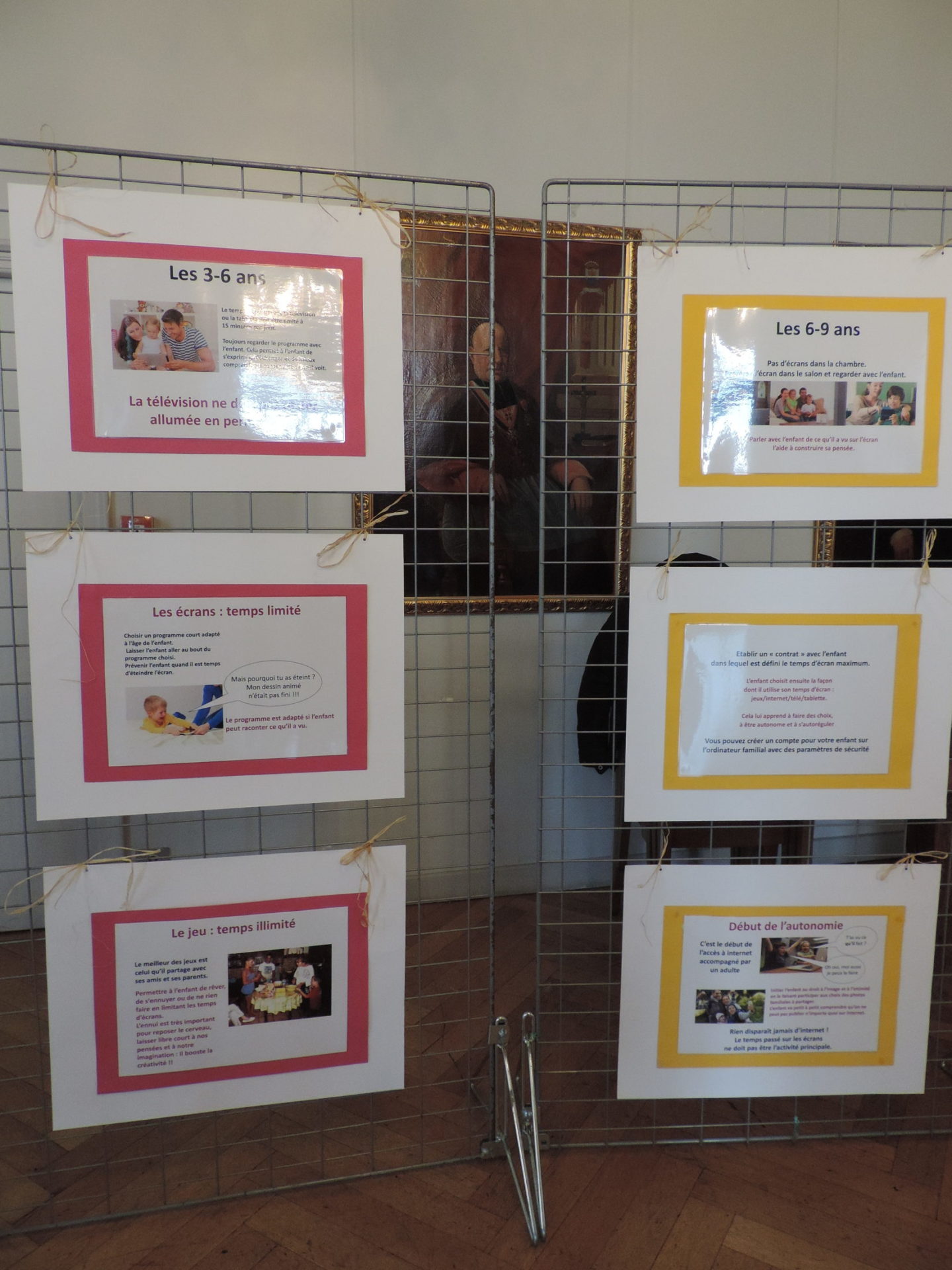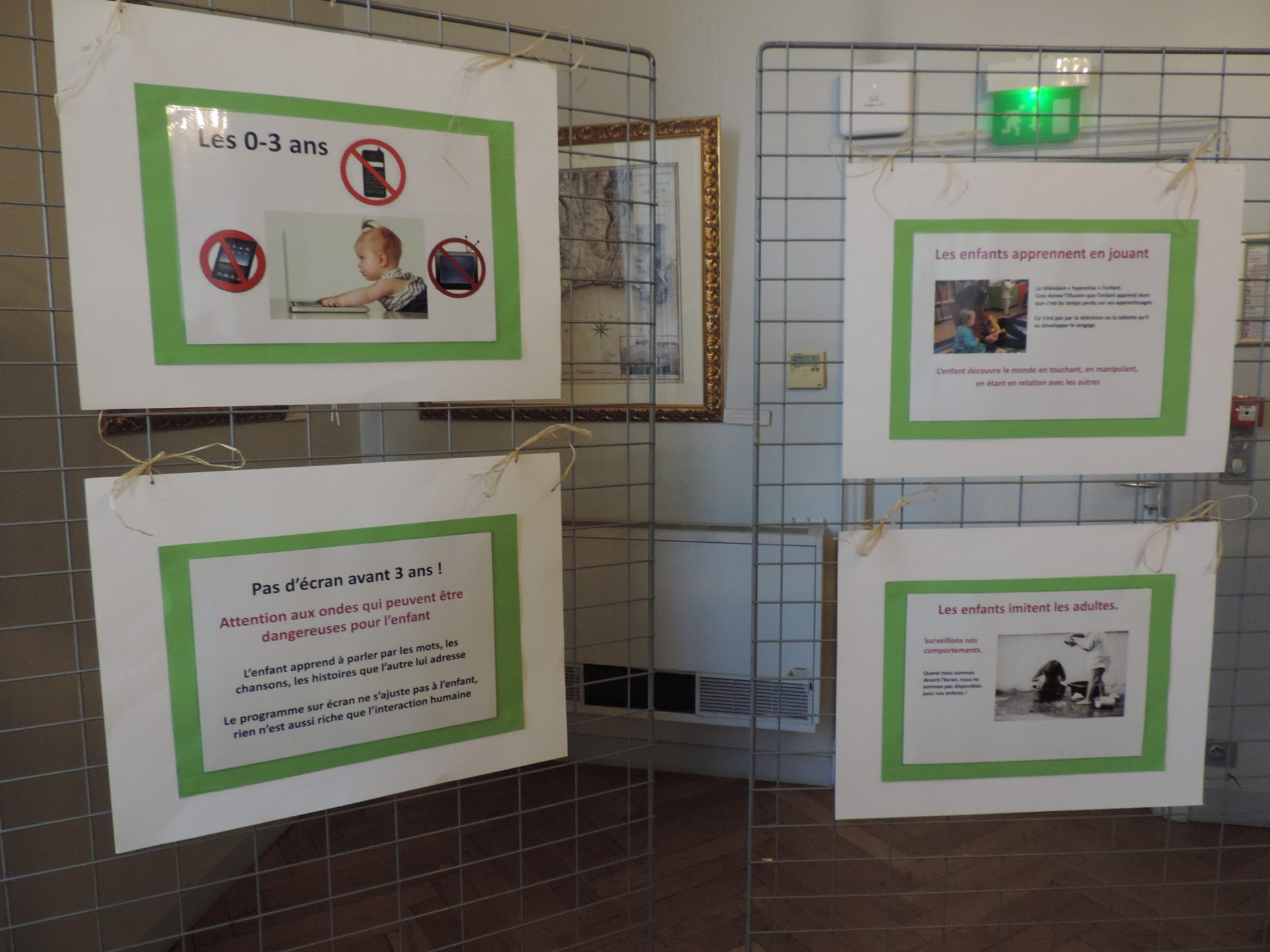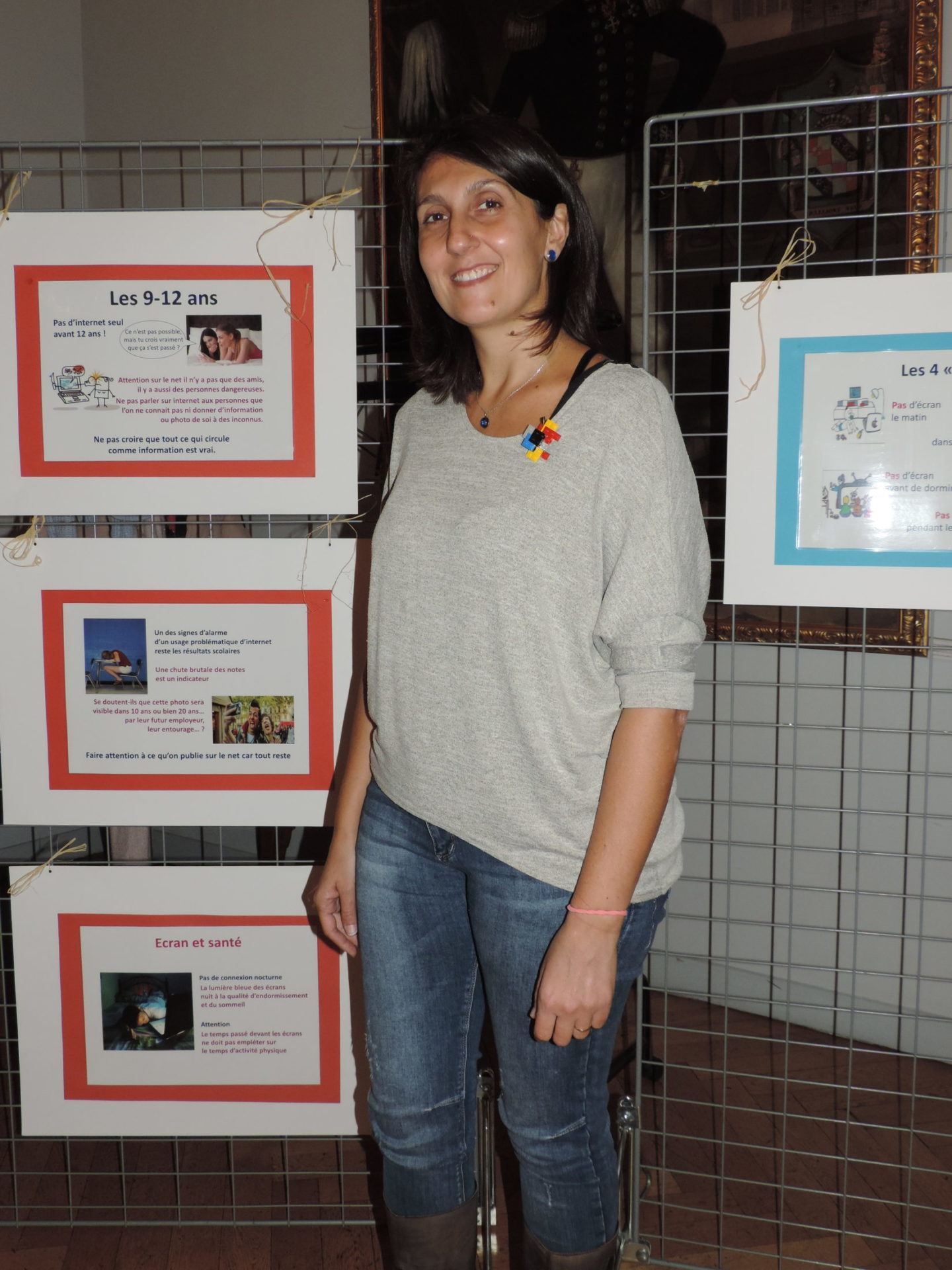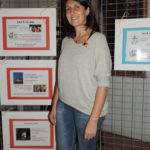Nice Premium spoke with a municipal councilor assigned to the Family Rights and Duties Council, a lawyer specializing in family law, a psychologist from Lenval Hospital, and a teacher who was a finalist in the top 50 of the “Global Teacher Prize”. They discussed children’s rights.
Marie-Pierre Lazard, municipal councilor assigned to the Family Rights and Duties Council and a lawyer specializing in family law, led the event on children’s rights organized by the city of Nice.
She believes that Children’s Rights Day is very important, even though they are being more considered today.
“Needs vary by country. In places where these rights are violated, children don’t know how to eat, go to school, or be safe. In developed countries, psychological rights are mostly violated. They face family conflicts, intrusions upon their privacy (a lot of incest), and bullying at school. Parents don’t always consider their child’s will and think they can do what they want. There’s no oversight in the family sphere. Before a student reaches school, where signs of abuse might be noticed, we have no idea what happens at home. Parents can be psychologically abusive, even unintentionally. They should be better informed. The child’s opinion should be considered from the age of discernment (between 6 and 8 years old).”
Why extend Children’s Rights Day to a week?
“At least a week is needed to hold as many conferences as possible. There are plenty of topics. Until now, it was mostly fun activities for children. This is the first year we have a whole day focused on their rights.”

“The main purpose of this week is to raise awareness of children’s rights, talk about them, and create awareness. Some childhood professionals advocate for caring education, but there is resistance in the national education system. Gaëlle Assoune explained during a conference that she uses empathic methods, but the national education system isn’t accustomed to it. They feel it requires time, training, energy, and not everyone sees the value. There is still much work to be done to reach the level of Nordic countries (who practice meditation, philosophy, mediation among students).”
For Marie-Pierre Lazard, it’s crucial to find a balance in educating children: “set limits, but remain caring, and listening.” She suggests taking them to see a psychologist at any stage of their life.
Nice has achieved the renewal of the “Child-Friendly City” label from UNICEF. The city must follow seven recommendations and precise criteria. The municipal councilor is proud of this and is grateful to Christian Estrosi. “He is very focused on family policy. He created my delegation, the Family Rights and Duties Council. This 2007 law depends on the mayor, but not all mayors use it.”

Jérôme Bianchi is a psychologist specializing in neuropsychology at Lenval Hospital.
The Children’s Rights Day is “essential” for Jérôme Bianchi, who works in learning disorders. “Children with these disorders put in more effort than others, contrary to stigma. Their differences must be acknowledged.”
The psychologist found the day organized by the city hall interesting, especially thanks to its legal contributions.
Regarding the current mental health of children, he did not detect any particular trend.
The lockdown was two-fold. It was very complicated to live through, especially for children with behavioral disorders. Their relationships with their parents could have deteriorated. However, they often made their child’s difficulties more apparent. For children more vulnerable psychologically, prone to school phobia or social phobia, it was relieving. Some improved considerably.
According to this professional, “things are moving in the right direction” in terms of children’s rights. However, the progress depends on many factors.
“The parents we encounter often come to our service after numerous misdiagnoses. They arrive exhausted, after treatments that didn’t work out. Early detection is a protective factor for the child’s development.”
Do you think there has been an increase in appointments for psychological consultations?
“Yes, and I think that’s rather good. It means we’re becoming more alert, and interested. Detection is very important.”

A free screening questionnaire for parents
Parents feeling helpless about their child’s difficulties or alerted by the school can fill out this questionnaire. It can compare the results to those of other young people to detect attention or language difficulties. It indicates which professional to consult. “It’s a compass.”
Are children being adequately taken care of currently?
“Sometimes they are even too much. There’s a need to work on the prioritization of care. Beyond that, it helps. It’s beneficial to take an interest in someone, to listen and help them.”
Gaëlle Assoune is a professor at Jules Romains College in the Moulins district of Nice. She was a finalist in the top 50 of the “Global Teacher Prize,” the global teacher award.

Gaëlle Assoune tries to incorporate empathy into her lessons. She founded the association BE-N-Joy (benevolence, empathy, neuroscience, for positive accompaniment), which helps organizations adopt this “positive” approach. The program includes conferences and workshops. The teacher emphasizes emotions, and involves her students. She even integrated journalism. The middle schoolers have already done reports.
“This requires lots of effort. The school is classified as REP+ (priority education network). The environment is violent. It takes a team cohesion to make it work.”
Gaëlle Assoune believes there shouldn’t be only one Children’s Rights Day. “There should be continued follow-up throughout the year. We might use this day to account for what has been done all year on children’s rights. It would have more impact.”
Are children’s rights well known?
“No, not by those mainly concerned. Adults have heard of them. The law against ordinary educational violence was passed in July 2019. Other countries, like Sweden, passed it forty-two years ago. We finally caught up, but nothing happens from theory to practice. Parents continue to hit their children. The school lets them cry, resolve their issues among themselves, which causes bullying. These rights aren’t well enough known or developed.”
This day dedicated to children’s rights at CUM was original and informative for the teacher. Students participated. “This concept is quite innovative. I think it should be valued over time. It’s always a benefit to talk about positive things, but the brain might forget afterward.”

As a reminder, the city of Nice organized the week of children’s rights in partnership with Unicef, on the occasion of the World Day on November 20. A special day was dedicated to promoting these rights last week, on the day devoted to anti-bullying.
In the morning, childhood professionals exchanged during round tables to create links and consider potential improvements. The early afternoon was reserved for children, to convey messages to them. They could ask questions to Chloé Sallée, vice-president and juvenile judge at the Nice judicial court, as well as a lawyer, psychologist, and teacher.
The day ended with a speed-dating session for parents, who could talk to childhood professionals for free and confidentially. An exhibition highlighted the dangers of screens for children.







